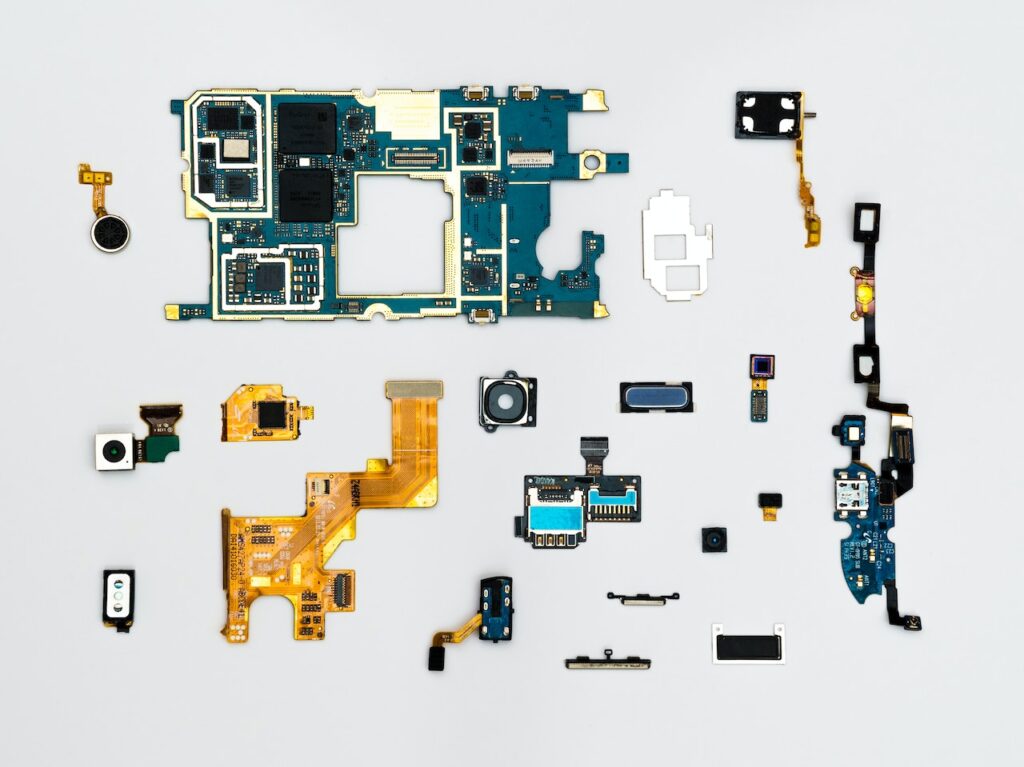Controlled Unclassified Information (CUI) is a specific designation used to refer to sensitive but unclassified information in the United States. It encompasses a wide range of information that, while not classified as “top secret,” “secret,” or “confidential,” still requires specific handling and protection measures to prevent unauthorized access or disclosure. CUI is a term used within the U.S. government and government contractors to address the protection of non-classified but sensitive information.
Concept
The concept of CUI aims to better safeguard information that may not be classified but is still vital to national security, law enforcement, privacy, or other sensitive interests. Some examples of CUI categories include information related to critical infrastructure, export control, law enforcement investigations, and personally identifiable information (PII).

Managing CUI
To manage CUI effectively, the U.S. government has established regulations, standards, and guidelines that detail how CUI should be identified, marked, handled, stored, and transmitted. These measures are in place to ensure that CUI is protected and shared only with authorized individuals or entities who have a legitimate need to access it.
The handling and protection of CUI are governed by various federal regulations and standards, including Executive Order 13556, the Controlled Unclassified Information Program, and guidelines from the National Archives and Records Administration (NARA). These regulations specify the requirements for marking CUI, access control, encryption, and other security measures.
CUI is marked with specific control markings and labels to indicate its sensitivity. This helps individuals handling the information understand its status and follow appropriate security procedures. Unauthorized disclosure or mishandling of CUI can lead to serious legal and disciplinary consequences.

What is CUI Specified?
CUI is a crucial framework for protecting sensitive information that falls outside the scope of classified information but still requires stringent security measures to safeguard national interests and individual privacy. It provides a standardized approach to handling and protecting such data in various government and industry sectors.

